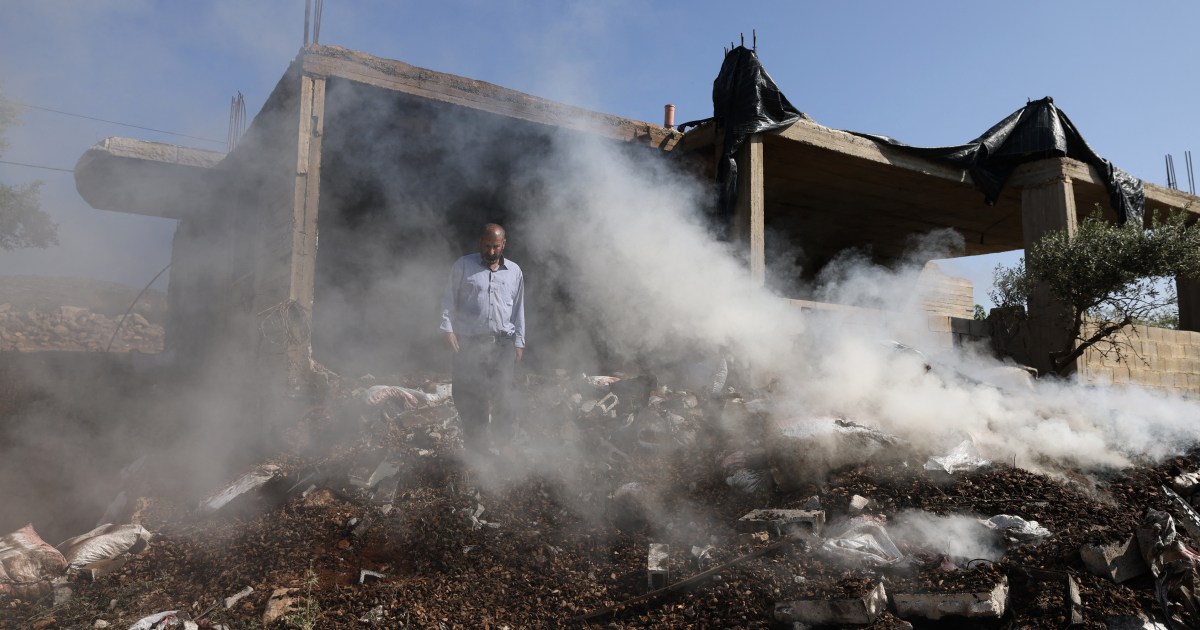In 1729 the Irish writer and satirist Jonathan Swift published an article entitled "Modest Proposal" in which he suggested that poor Irish families could miraculously improve their situation if they sold their children to the English nobility, so that they could cook them and eat their meat.
Swift's article caused a great deal of controversy, and for good reason.
There is something particularly shocking about the idea of eating human flesh: it is perhaps the most poignant and primitive expression of dehumanization, of a person being stripped of his humanity and viewed as a total of usable organic matter.
It is no coincidence that cannibalism is one of the main attributes attributed to "savages" wherever they are, in order to prove that they are not members of a culture.
But as Swift's article sought to demonstrate, modern society is sometimes capable of rising to peaks of cruelty and dehumanization that do not fall short of those of "primitive" societies, albeit in a more discreet manner.
In The Diary of a Madman, first published in 1918, the writer Joe Xu Ren (who wrote under the pen name Lu Sun) used the metaphor of cannibalism to sharply criticize contemporary Chinese culture.
Lu Sun's success was even greater than that of Swift - as noted on the back cover of the Hebrew edition, "The Diary of a Madman" is considered "the founding and important story in the history of modern Chinese literature."
This is a short story - 21 pages in total in the booklet format in which it was printed.
It opens with a seemingly factual introduction in which the author recounts how the story came to him: a passing friend handed him the diary of his brother, who had suffered a serious illness but had since recovered.
The diary records his thoughts and impressions during the days of his illness, so he was convinced that all those around him had conspired to eat his flesh.
The story is told in a series of short diary passages, which become fragmented and confused as the "plot" progresses.
The paranoia of the narrator gradually increases - from documenting suspicious and evil woods, to identifying the conspirators against him, to associating all the villagers, including his brother, with the cruel conspiracy.
Interviews are intertwined with thoughts, in which the "crazy" tries to prove his claims or frustrate his pursuers and make them reveal their true intentions.
But it seems that most of his evidence for the existence of cannibalism in general, and for cannibalistic intentions on the part of those around him in particular, he draws from the founding texts of Chinese culture, from Confucius onwards;
And also many of his persecutors bear the names of emperors and glorious figures from the history of his country.
In his distress, he describes himself as "the son of a four-thousand-year-old history of human eating" (p. 43).
The madman weaves a wide-ranging historical myth, which divides human beings according to their attitude to cannibalism: "The savages in ancient times, it is supposed that everyone ate human flesh. To real human beings [...] others, who refused to improve their way, have remained infamous to this day ”(p. 38).
In our language, there are those who have preserved a human photographer, but these are very few.
The madman especially laments the children, who grow reluctantly into a society that eats human flesh, and are unaware of any other possibility.
Sometimes it seems to be based on social criticism: "These people, some of whom the district judges wore around their necks and those whom the dignitaries slapped in the face, some of whom the authority officials robbed their wives of, and some whose creditors approached their parents to death ...".
In other cases, it seems to be a critique of a culture that encourages the individual to sacrifice himself for the sake of tradition and the dignitaries: Of course, you can also eat the whole thing. "
In the background resounds the promise that the era of human eating will soon come to an end: "In your power to change, to change from the depths of your heart!", And alongside it the warning that " The wolf! "
(P. 41).
There is no doubt that these words can be read as an expression of the heartfelt feelings of the Chinese communist movement, which criticized the enslavement to tradition and at the same time the exploitation and desirability it saw as an integral part of modern capitalism.
There are several ways to read The Diary of a Madman.
The one, less interesting, is to understand it as it was delivered in its introduction - as a record of a paranoid episode that has passed it by.
Alternatively, it could be argued that the "crazy" is the one whose eyes have been opened and is able to see reality as it really is, to notice the cannibalistic currents of depth that go beneath the surface of culture ("Only now do I realize that my last thirty years have been completely obscure" he writes Right at the beginning of his remarks, pp. 25-24).
But this is only a short-lived revelation: as we have been told, the madman "recovered" from his madness, and drove away from the village to apply for a government post.
He is like someone who came out of the cave for a brief moment but retreated from the bright light - and instead of rebelling, he became an agent who preserves the existing cannibal order.
There is also another and more disturbing possibility: as stated, the details of the madman's fate are in fact given to us from a third vessel (the narrator, who heard from the madman's brother - who is also suspected of being a conspirator).
If so, it is not inconceivable that the man was not crazy at all, and his pursuers managed to carry out their plot and only fabricated the story of his recovery.
This interpretation gives a chilling touch to the introduction, to the "hearty laughter" in which the older brother presents his younger brother's diary.
Similar to the classical products of Chinese literature, from Confucius' essays to Zen literature, the short story is characterized by great thematic density and invites an abundance of interpretations.
It has a fascinating mix of humor and horror, cynicism and pathos.
Many of the layers of meaning folded in the story would have been completely inaccessible to the Hebrew reader had it not been for the translator's comments.
Although these remarks direct the interpretation in a certain direction, it seems that this cannot be avoided, and in any case their placement at the end of the book also allows for a "barefoot" reading of the text.
Another important connection is provided by the translator, and Lu Sun's introduction to the storybook "Battle Calls", which includes "The Diary of a Madman".
There is room to wonder about the publisher's decision to publish only one story from the file, which might have provided a fuller and richer picture of the author's work, but in any case it is an important and welcome accessibility enterprise.
Lou Sun / Diary of a Madman; From Chinese: Amira Katz, Nine Souls, 66 pages
Were we wrong?
Fixed!
If you found an error in the article, we'll be happy for you to share it with us






/cloudfront-eu-central-1.images.arcpublishing.com/prisa/24M3YUMX6NDCDENHEQH67MB7VY.jpg)


